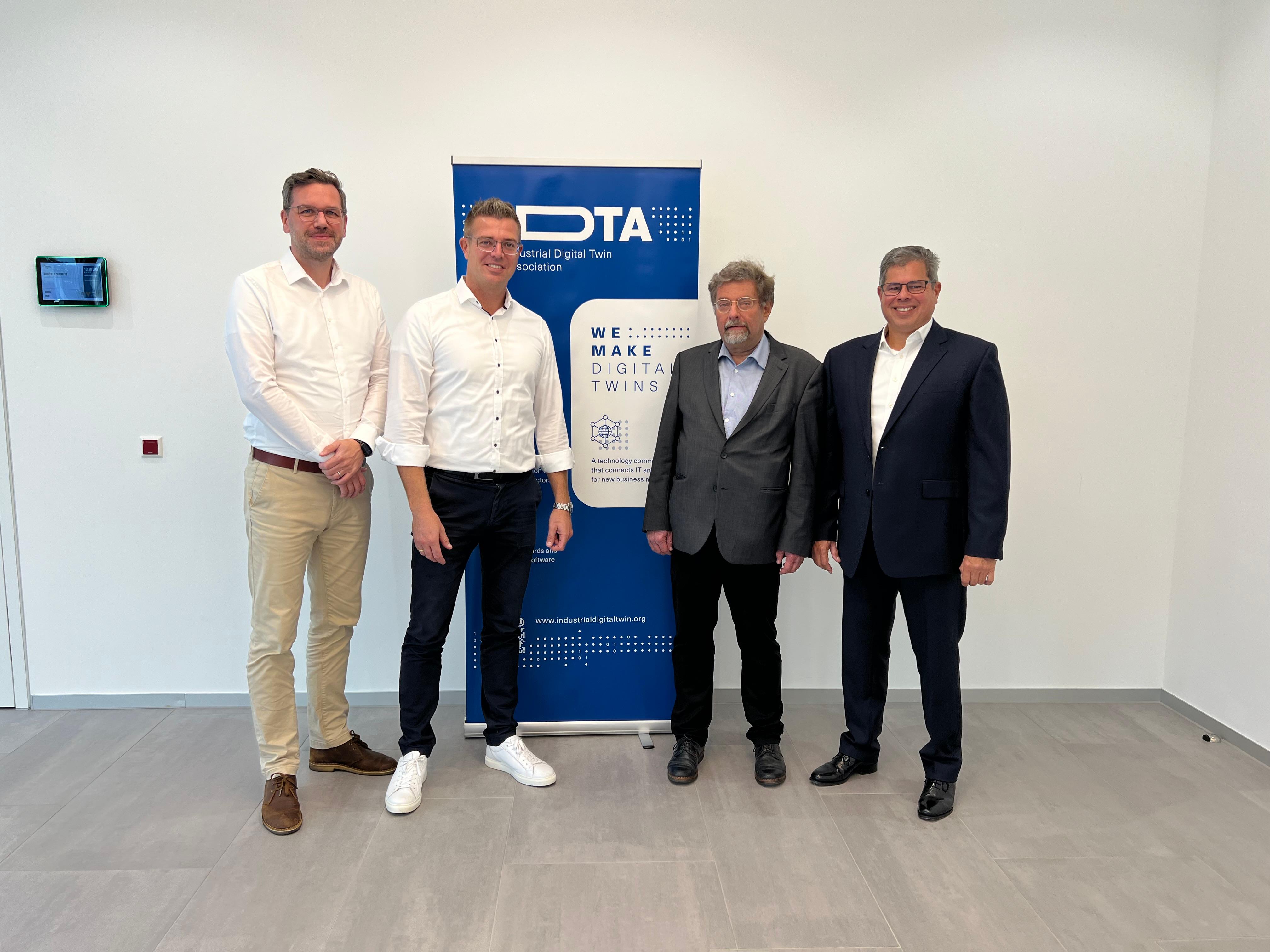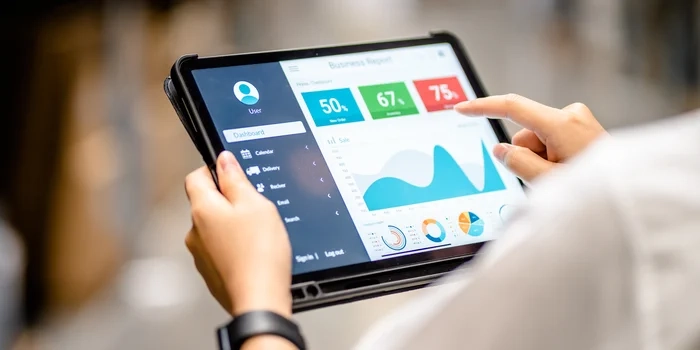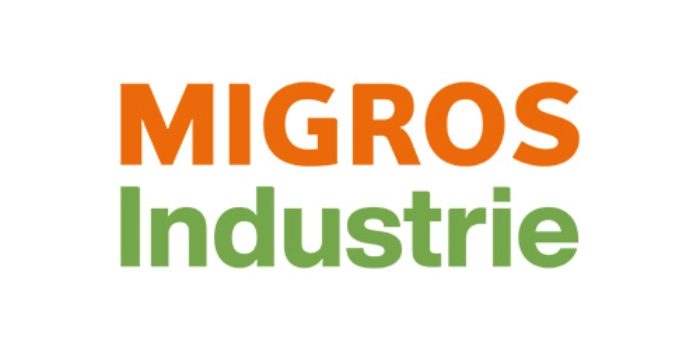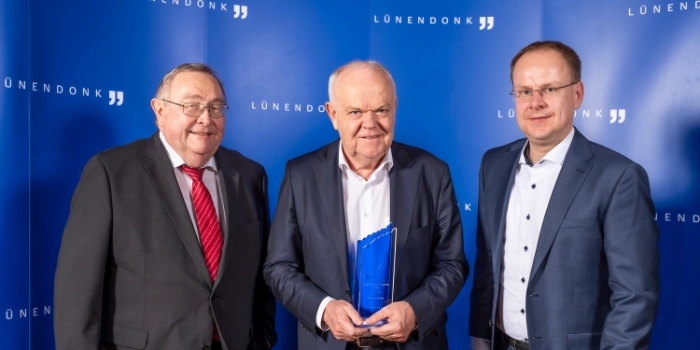
msg is now a member of the Industrial Digital Twin Association e.V. (IDTA)
The msg group has been a member of the Industrial Digital Twin Association e.V. (IDTA) since October 1, 2023. The alliance advocates the joint establishment and development of the standardized digital twin for the industry. Since its founding in September 2020 with 23 founding companies, more than 100 companies from the electronic and digital industry, mechanical engineering, the software industry and end users have come together to implement the digital twin based on the Asset Administration Shell (AAS). msg as one of the largest German IT and consulting companies will contribute its extensive experience to the IDTA network in the future.
“Europe has understood that it is necessary to create data ecosystems with cross-company data standards. Currently, Europe in particular seems to be taking a pioneering role here. As msg, we will work to ensure broad acceptance of initiatives related to AAS,” emphasizes Dr. Wolfgang Bock, department manager Industry 4.0 Transformation & Sustainability at msg.
Dr. Christian Mosch, managing director of IDTA, adds: "We are looking forward to welcoming msg as new member of IDTA. The IT and consulting company's membership offers us the opportunity to increase the visibility of AAS as a core standard for digital twins and to accelerate its range of applications. Ultimately, the entire industry will benefit from this and across all sectors."
IDTA's goal is to establish the digital twin for components, machinery, facilities and complete factories as an open source technology and to further develop it together with the industry. Thanks to open standards, AAS allows information to be exchanged across manufacturers. Coordination between development, production and use is improved. Redundant and inconsistent information management is reduced. This reduces effort, integration time and costs throughout the value chain. In addition to productivity, efficiency and transparency, the AAS also makes a valuable contribution, especially with regard to the environment and climate protection as well as to a future circular economy. Associated with this are potentials for new business models for small and medium-sized factory equipment suppliers as well as for large end users.

f.l.t.r.: Meik Billmann, managing director IDTA, Dr. Christian Mosch, managing director IDTA, Dr. Wolfgang Bock, department manager Industry 4.0 Transformation & Sustainability at msg and Markus Samarajiwa, Lead Business Consultant Supply Solutions at msg.












